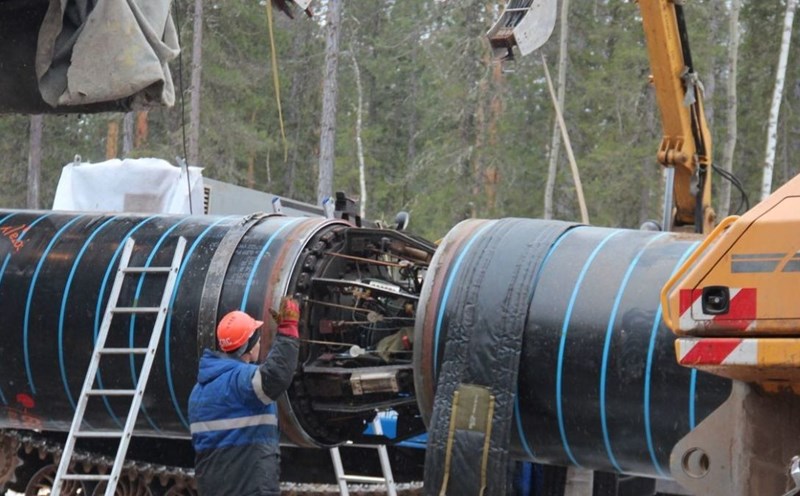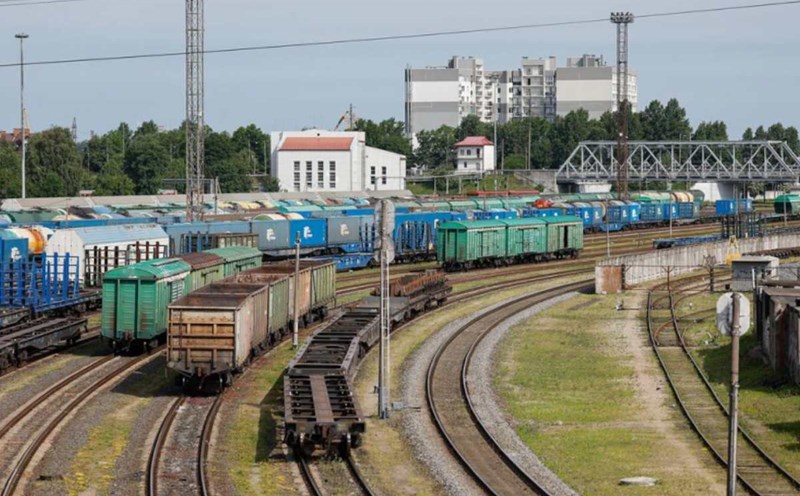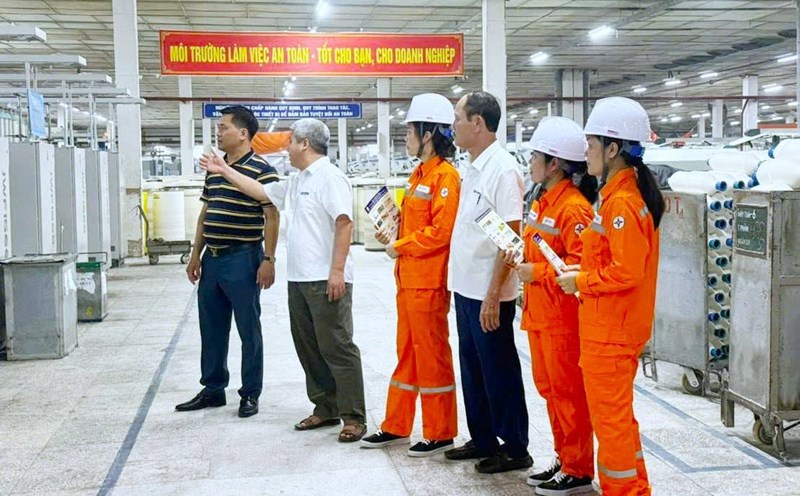The floating nuclear plant is designed to supply energy to the Baimsky mines terminal, one of the world's largest.
The announcement was made by Mr. Putin on September 4 in Vladivostok, during a meeting on the development of the energy sector in the Far East region.
He said Russia has been deploying small-capacity nuclear power plants in Yakutsk and Chukotka, and expanding to Primorsk and Khabarovsk.
The new project in Chukotka will come with a floating nuclear plant, designed specifically to serve remote areas where traditional infrastructure cannot be built.
Nature matter needs to continue to be strongly developed. These projects leave almost no carbon footprints and can be completely considered green energy, Putin stressed.
According to the Russian leader, the nuclear industry is a strategic pillar of the country and a field in which Moscow plays a global pioneer role. Russia has helped many countries build Zero-shaped reactors and take the lead in floating nuclear power plant technology - a model that is expected to replace oil in the near future.
The nuclear power plant is essentially a mobile energy complex, capable of supplying electricity to remote areas, especially in the Arctic or hard-to-reach mining sites.
Russia has now operated the Akademik Lomonosov, the world's first floating nuclear power plant, at the Pevek port in the Arctic. This is considered a sustainable solution for the mining industry, infrastructure projects and small residential areas, where other energy sources are unlikely to be effective.
Russia sees floating nuclear power as a "trump card" in the context of the world searching for low-carbon electricity to replace oil and gas. If this technology is expanded, not only Chukotka but also the Far East and Arctic regions will have more momentum for economic and industrial development.
Mr. Putin's visit to Vladivostok also took place right before the Eastern Economic Forum (EEF), held from September 3-6 at the Federal University of defence. The event brings together more than 70 countries, including China, India, Vietnam, Malaysia and Thailand, and is expected to be where Moscow introduces new ambitions in the field of green nuclear energy.












